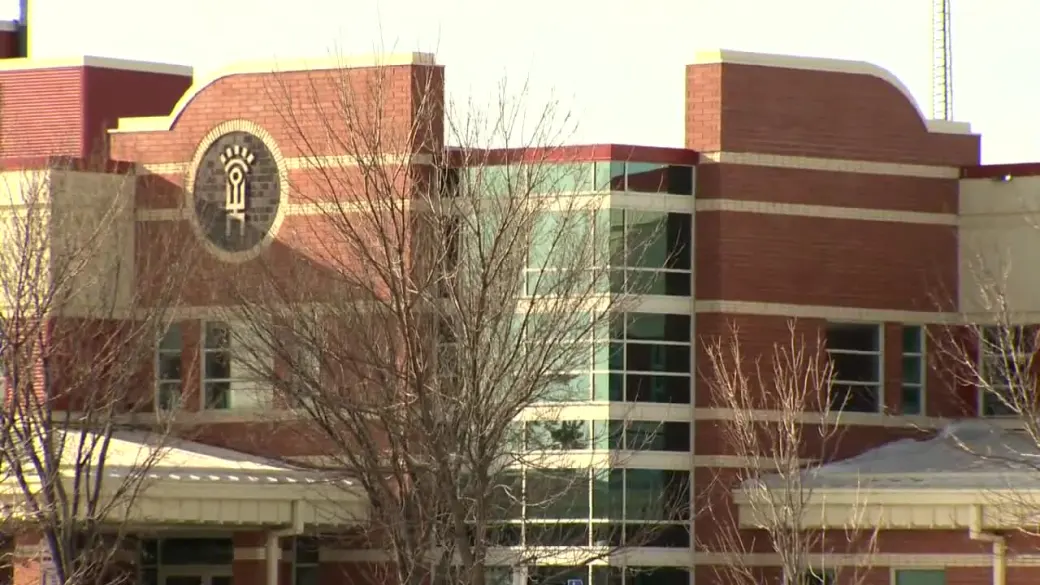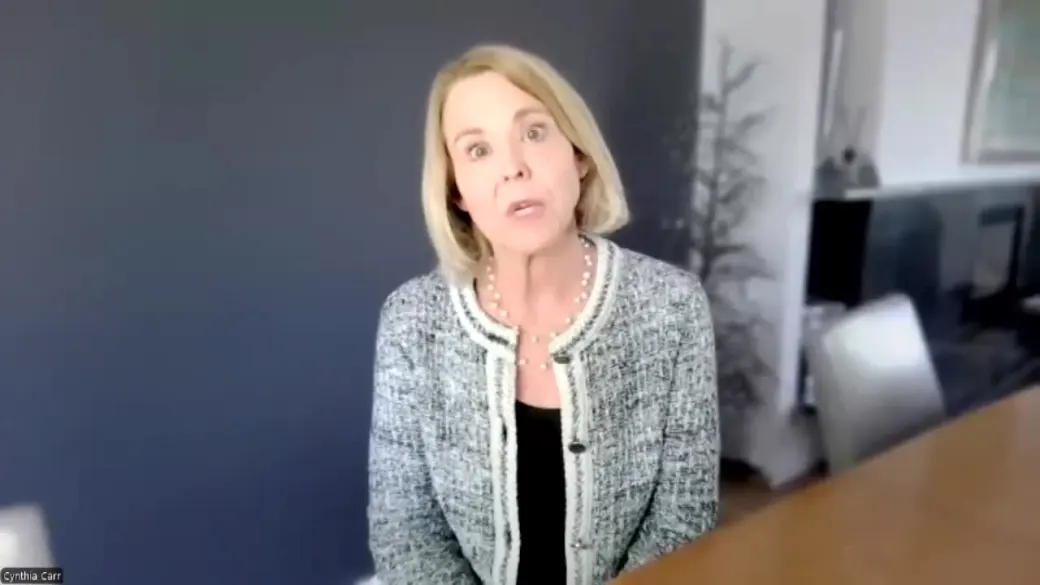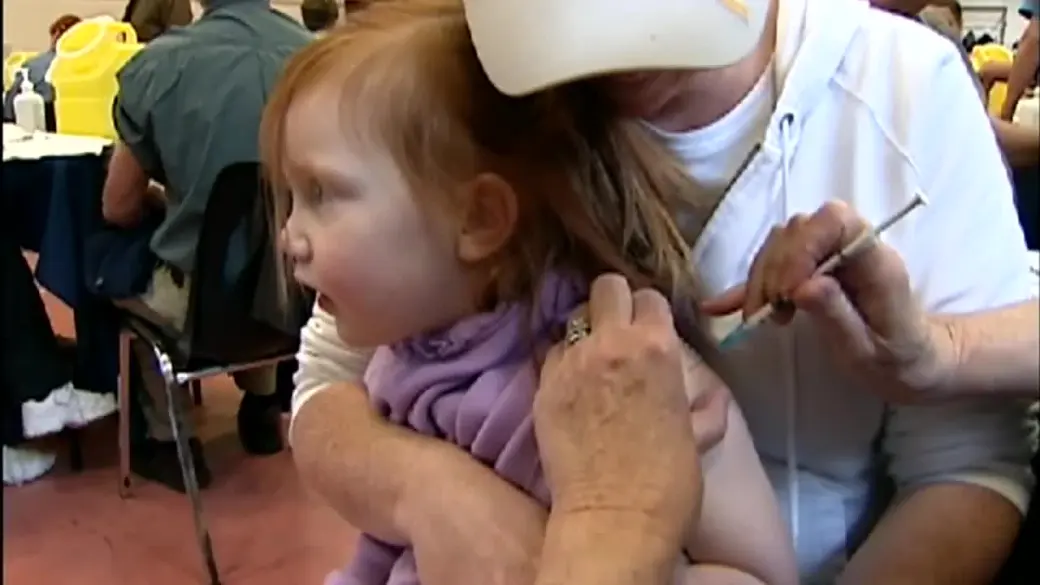With 130 confirmed cases of measles in Manitoba at last official count, health experts in the province are raising alarms about the potential for the disease — which, until recently, was considered eradicated in Canada — to continue to spread.

Davinder Singh, medical officer of health with the province, told Global Winnipeg he sees new cases being reported daily, as well as additional probable cases, so the numbers are likely even higher.
“It is extremely concerning,” he said. “As we’ve mentioned before, both in Manitoba and in other jurisdictions, this is the highest number of measles cases that we’ve had since measles was declared eliminated in Canada in 1998.
“It’s extremely concerning, and it’s also sad, because it’s an entirely preventable situation.”
With the news this week that cases in Alberta continue to spike — surpassing the entire United States in terms of confirmed cases with more than 1,300 since March — Singh said health officials across Canada are monitoring the situation closely.

“I think we have to be cognizant of where and how it’s spreading — it’s spreading because of lower immunization rates,” he said.
“The people and the communities that are particularly at risk are those who have lower immunization rates, those people who are not immunized against measles.
“We know that even one dose of measles-containing vaccine is extremely effective — one dose is about 93 per cent effective at preventing measles disease, and two doses is even better.”
Of particular concern, Singh said, the vast majority of reported measles cases in Manitoba are children, due in part to decreasing rates of childhood immunization.
The Southern Health region has the lowest measles immunization rates among young children. Just 63.8 per cent of two-year-olds were immunized in 2023 (the latest year data is available) compared to 84.6 per cent in the Winnipeg Regional Health Authority and 83.5 per cent in Prairie Mountain Health.
The challenge for health officials is to convince skeptical parents of the benefits of immunization — something Singh admits is not an easy task when people have strongly-held views.
“The exact reasons for each individual person and family changes as you talk to them,” he said, “and our public health teams have talked to to lots of different families about their immunization choices and why they may choose not to be immunized.

“There can be different reasons but a lot of it centres around incorrect beliefs around the effectiveness of the vaccine or the safety of the vaccine, or the risks involved with the infection.”
The key, Singh said, is to build trust with families and communities — something that takes time — and to ensure the information is accurate and coming from a trusted source.
Epidemiologist Cynthia Carr, founder of EPI Research, shares Singh’s view on building trust with people who may be skeptical about vaccines.
“I think we have to understand who our community members trust, and partner with those community members,” Carr said.
“The trusted community member doesn’t have to be a medical doctor, but that trusted community member does need to be relaying the accurate scientific information and providing the pathway to further information in the appropriate health care area — whether it be public health, or your nurse practitioner, or your physician.”
Carr called the current situation problematic f0r the present, as well as potentially for the future, as Manitoba — and Canada as a whole — doesn’t want measles to become endemic and continue circulating in the population.
“I don’t really want to use the word ‘alarming’,” she said, “but I don’t think that’s an inappropriate term to use at this point.”

Heart health is crucial for overall well-being. Learn how to keep your heart healthy with these simple lifestyle changes, expert tips, and the latest medical advancements.